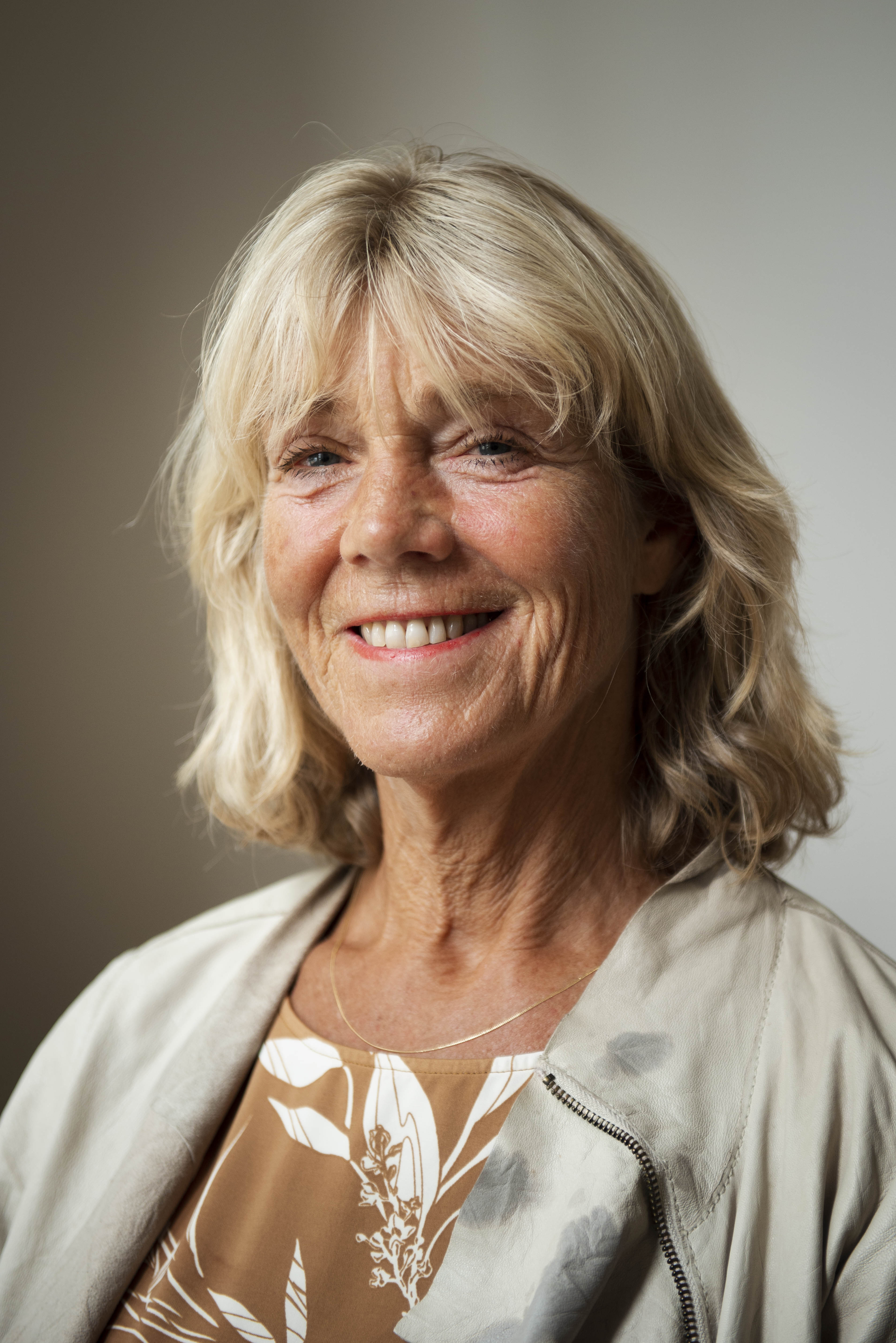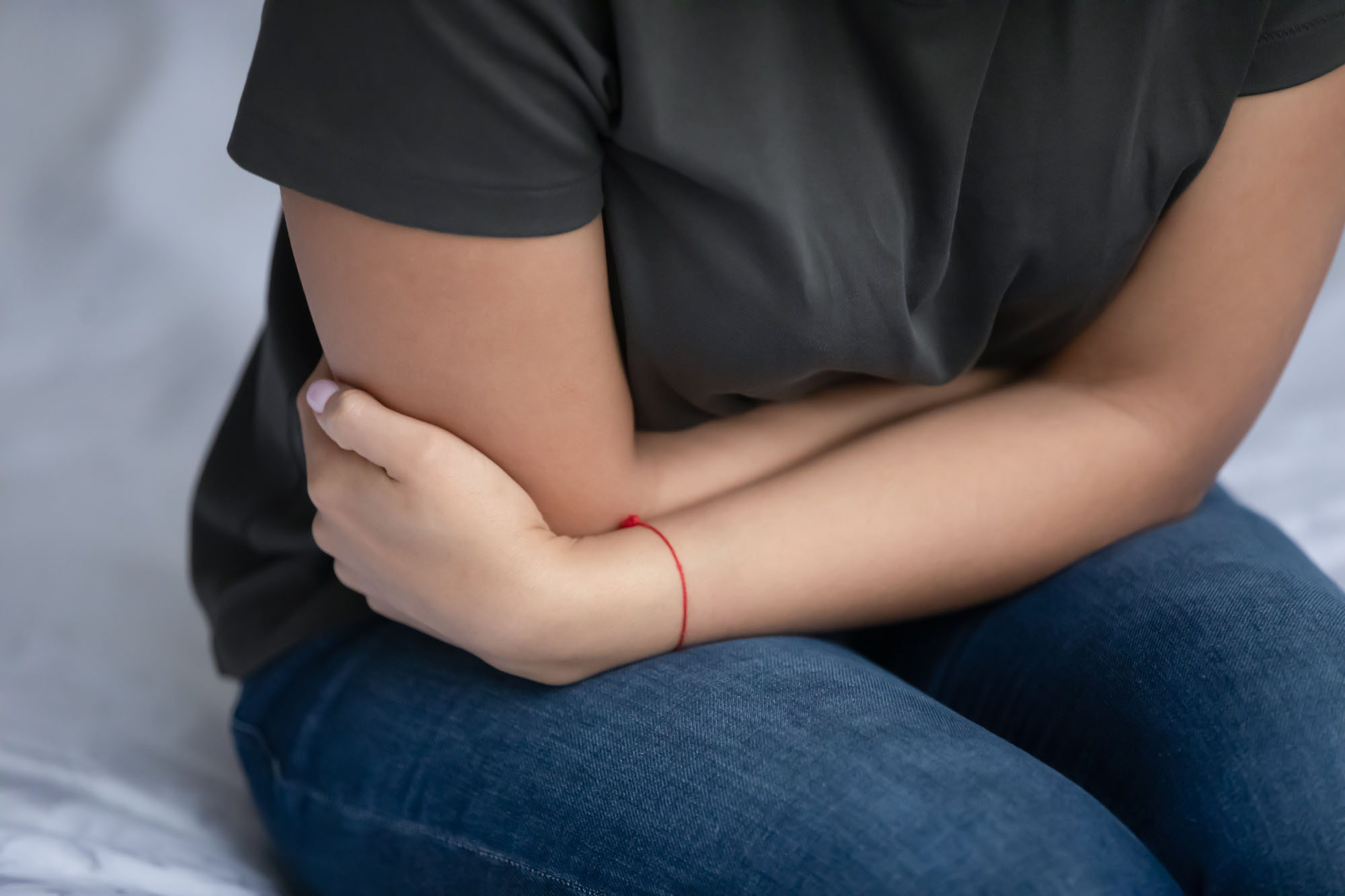The taboo surrounding pain symptoms in musicians
It is important for music academies to focus on the health of its students, according to Vera Baadjou, a PhD candidate at Maastricht University. She found that 67% of music students experience symptoms related to their music-making. Of these students, 52% experience limitations in terms of their ability to play. In many cases, the symptoms reduce overall quality of life.
Taboo
Muscoskeletal symptoms such as pain, stiffness or tingling in the muscles and joints are considered somewhat taboo among musicians, both financially as socially. Professional musicians often work on a freelance basis, which means they cannot call in sick. The music world also has strict social norms, which makes it difficult to enforce relatively simple measures such as shorter rehearsal times or more frequent breaks. Baadjou is calling for greater involvement from music academies in student health with the goal of breaking through the taboo surrounding pain symptoms in the music world. Raising awareness is an important step.
Concerning figures
'Most music students practice at least four hours a day,' explains Baadjou. Some even practice up to eight hours a day. This makes music similar to professional sports in terms of practice time, although very few people see it this way. Professional musicians maintain the same posture and pose for hours on end, which is why muscoskeletal complaints are not surprising. Of 170 students at five music academies in the Netherlands, 67% experience pain related to playing an instrument. Of these students, 52% experience limitations in terms of their ability to play. These figures are concerning, particularly given that music students are just starting their careers.
Prevention
Baadjou's research aims to prevent muscoskeletal symptoms in musicians. There are indications that posture plays an important role in preventing these complaints. A large-scale study at several music academies did not provide a definitive solution, but it did suggest that posture, psychosocial education and exercise play a positive role. Learning to deal with anxiety and stress may also help to reduce or prevent symptoms. More attention to student health at music schools was also considered highly relevant.
Vera Baadjou is a trainee specialist and clinical researcher (AIOSKO). For the past few years, she has supervised patients at the so-called 'outpatient clinic for artists' at the rehabilitation department at Adelante (MUMC+). This outpatient clinic helps artists, dancers and musicians manage their career-related symptoms. Baadjou is an enthusiastic amateur musician herself. She will receive her PhD on Thursday 1 February at Maastricht University.
This research was supported by the Ans Samama Fund, part of the University Fund Limburg / SWOL.
Also read
-
In honour of the presentation of the VNVA Els Borst Prize for her oeuvre, Prof Marlies Bongers is organising the symposium "menstruation in RED on the agenda" on 1 October.
-
In women trying to conceive, 1-3% experience repeated miscarriages. For more than 50% of these women, a cause for the miscarriages has yet to be found. New research from Maastricht University (UM) and the Maastricht University Medical Centre+ (MUMC+) shows that the immune system’s Natural Killer (NK...
-
The European Commission has awarded €23 million to set up a new platform for drug repurposing: the use of existing drugs in diseases other than those for which they were originally developed. In the next seven years UM will develop the platform REPO4EU (precision drug REPurpOsing for Europe)...



